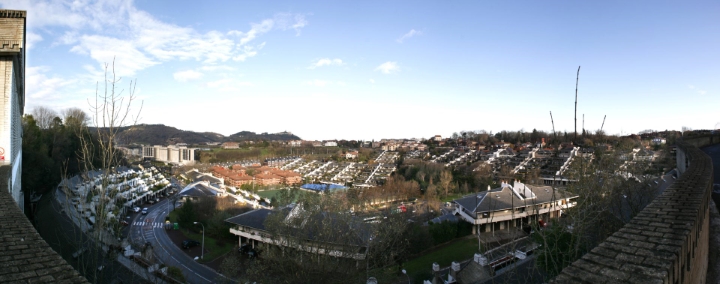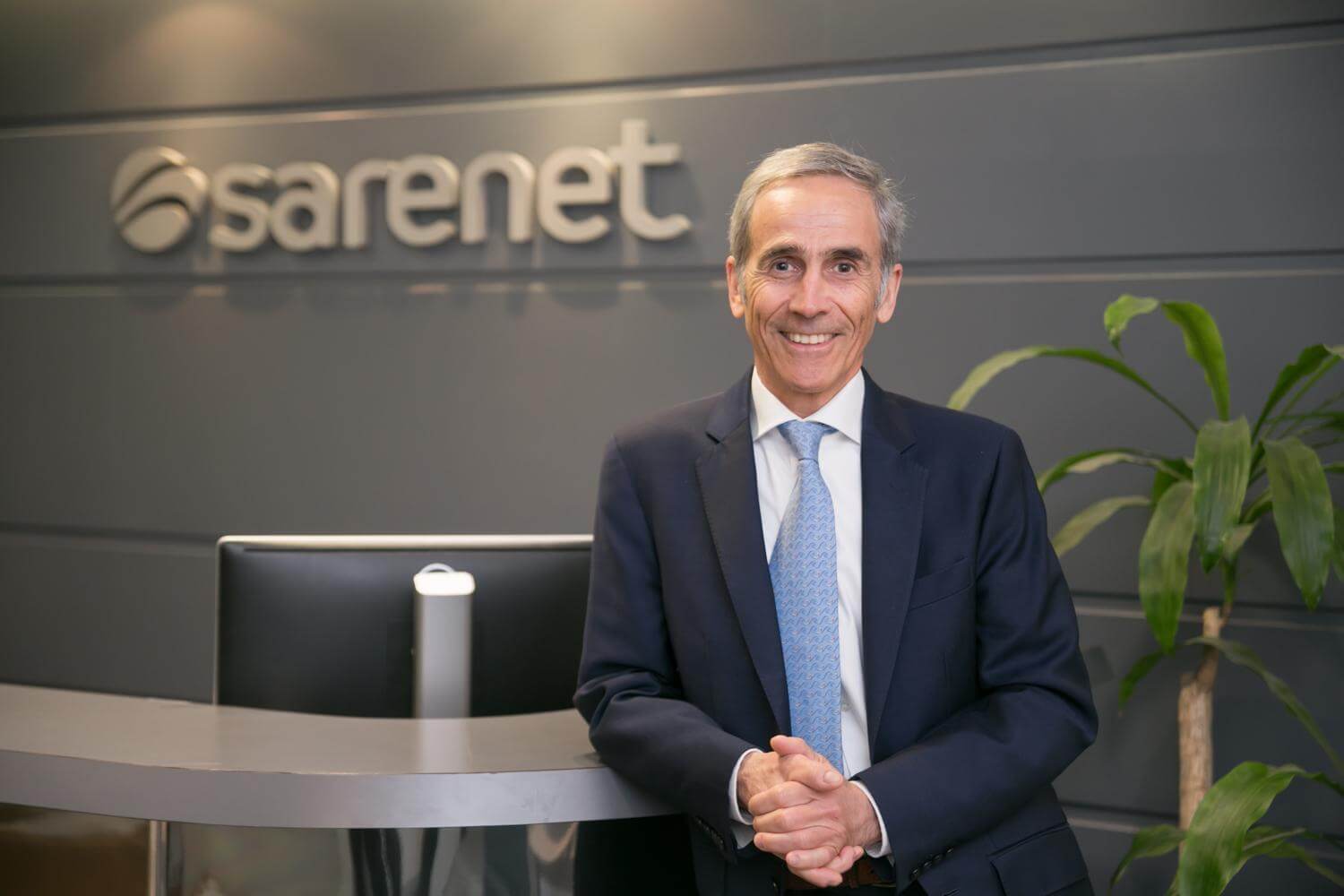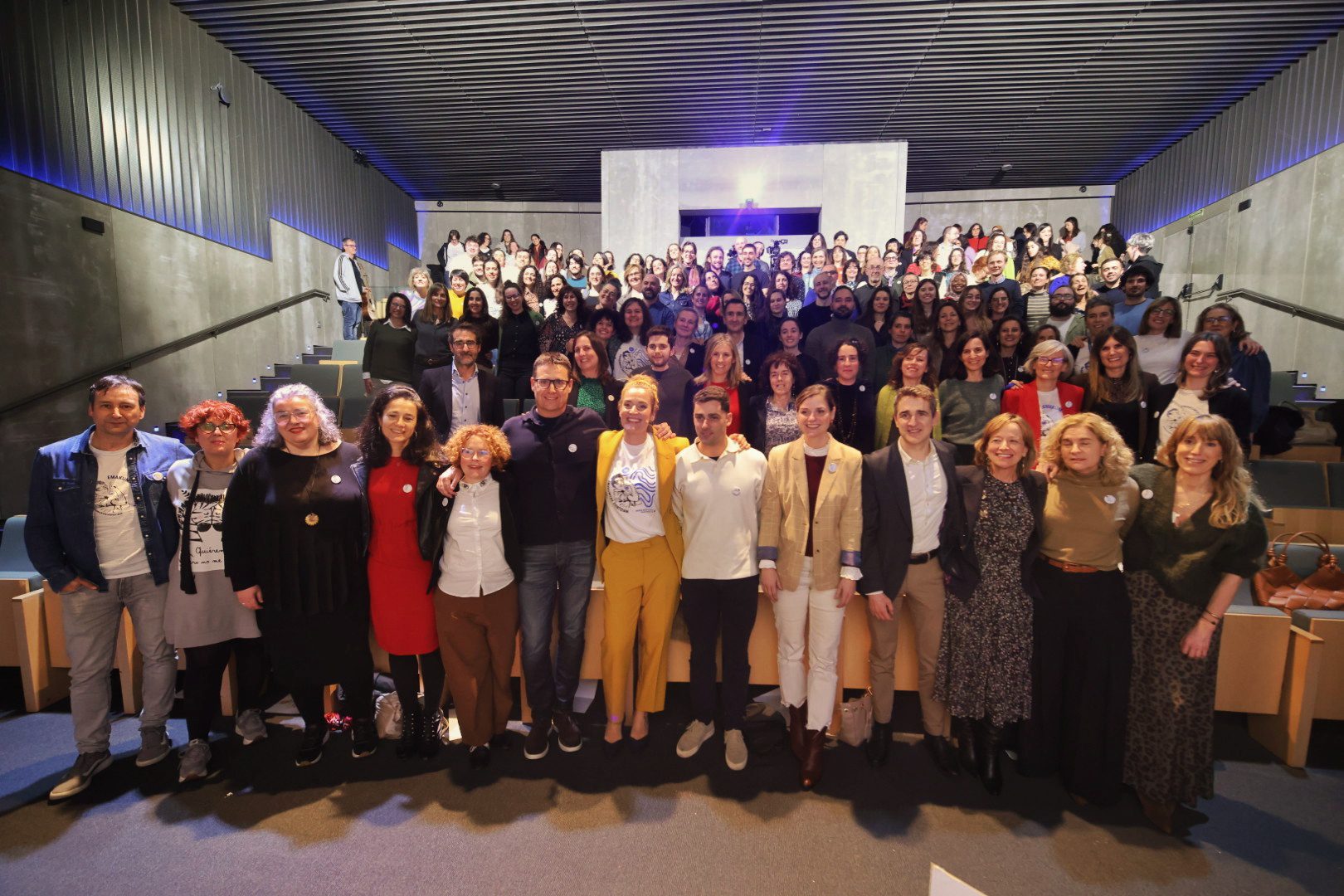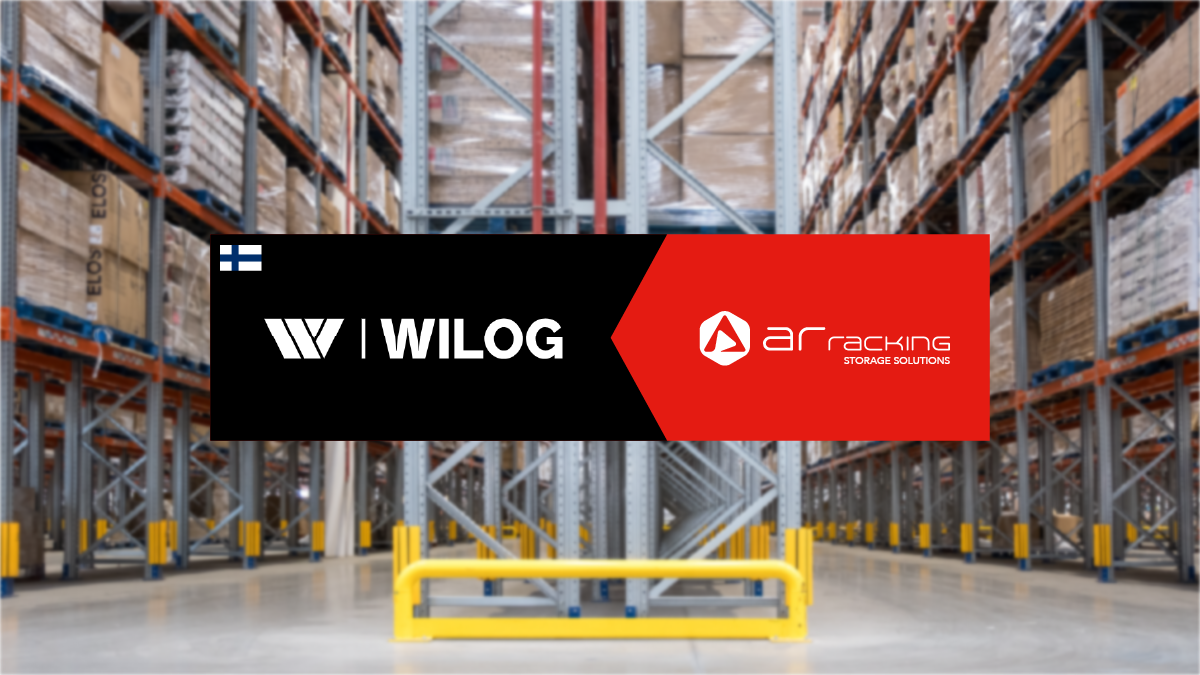TECNALIA establishes a roadmap to turn energy communities into benchmarks in decarbonisation

To this end, it works with Ur Beroa, an energy cooperative made up of 550 families in the Bera-Bera neighbourhood of Donostia-San Sebastián (Gipuzkoa).
This initiative is part of a European project, the aim of which is to promote the emergence of energy citizenship by raising public awareness.
As part of the project, a survey of 10,000 participants from 16 countries has also been carried out, which concludes that more than 58% of European Union residents have adopted energy saving measures, although obstacles still exist.
 Individuals can be drivers of the energy transition when they take collective action and join together to create their own energy community. This conclusion emerges from the study that the research and technological development centre TECNALIA has carried out to define a roadmap that will enable energy communities to become benchmarks in decarbonisation. To this end, it is working with Ur Beroa, an energy cooperative made up of 550 families in the Bera-Bera neighbourhood of Donostia-San Sebastián (Gipuzkoa).
Individuals can be drivers of the energy transition when they take collective action and join together to create their own energy community. This conclusion emerges from the study that the research and technological development centre TECNALIA has carried out to define a roadmap that will enable energy communities to become benchmarks in decarbonisation. To this end, it is working with Ur Beroa, an energy cooperative made up of 550 families in the Bera-Bera neighbourhood of Donostia-San Sebastián (Gipuzkoa).
According to the analysis carried out, the following conditions are necessary to create an energy community: a set of values that motivates people to take collective action towards more sustainable behaviour, knowledge about the energy system, resources that allow citizens to invest and implement collective energy initiatives, and a political framework and appropriate instruments to support the different actors, especially people, on their way towards a more active energy citizenship.
In order for the Ur Beroa energy community to advance in its energy transition process, the following objectives have been set with the help of TECNALIA: increase the number of members through the geographical expansion of the district heating system; carry out projects related to electric vehicles and collective self-consumption with photovoltaic systems, with the installation of charging posts or explore the possibility of a hydrogen pilot project; and reduce individual energy demand, with the design of a technical solution for energy efficiency for each type of home, explore the option of centralised electricity purchasing or the management of improvements to the insulation of homes.
Energy citizenship catalogue
This initiative is part of the GRETA (Green Energy Transition Actions) project, supported by the Horizon 2020 programme and in which TECNALIA is participating, and its aim is to raise awareness and encourage the involvement of citizens in the energy transition to boost these communities and the emergence of energy citizenship.
To achieve this, the project has launched a catalogue of actions in the areas of sustainable mobility, clean and affordable energy, circular economy and sustainable consumption and eating habits.
In order to reduce energy consumption, they recommend effective insulation of homes, opting for energy suppliers with renewable resources, and having equipment in the home that controls and reduces energy consumption.
In the area of mobility, they suggest taking into account the carbon footprint of transport when planning holidays and other long-distance trips, as well as opting for electric vehicles and vehicles with low fuel consumption.
On the consumption side, they advise reducing waste and regularly separating waste for recycling; consuming local and seasonal food, as well as organic food; or taking into account the carbon footprint of food purchases.
Half of Europe’s population is already an energy citizen.
As part of the initiative, a survey of 10,000 participants in 16 EU countries revealed that 58% of citizens are already among what the project’s researchers call “active” or “champion” energy citizens. In other words, they are already participating in the energy transition: engaging in simple energy-saving activities in their daily lives, investing in green energy technologies or actively advocating for greener energy solutions. However, the survey reveals significant disparities between countries and significant barriers limiting the implementation of higher impact energy actions.
Furthermore, according to the survey, more than 60% of EU citizens agree that the energy transition is a joint task to which all members of society must contribute. However, not everyone has the same opportunities to participate.




